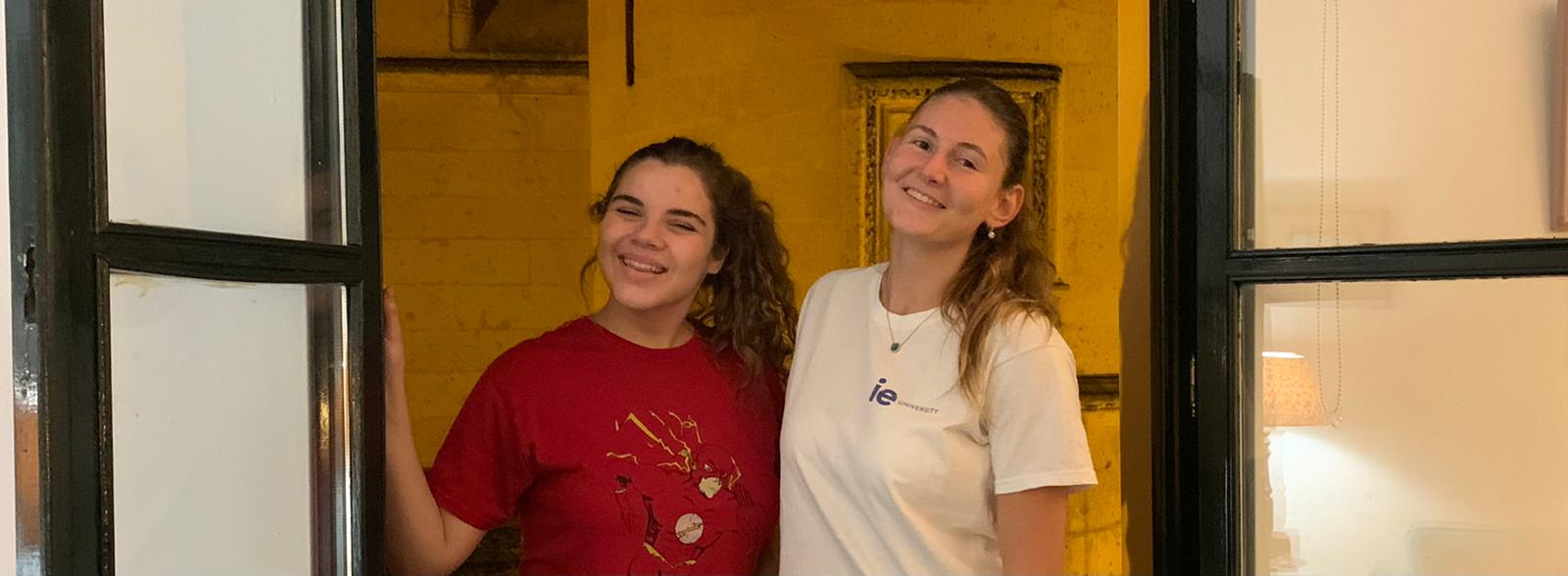I was scrolling through my Instagram when I came across a meme that said: “Tattoos should actually make you more employable because it shows you can sit in place for hours while tiny needles are jammed into your skin, and that’s what every corporate meeting I’ve ever been in has felt like”. At first, I thought it was funny. However, I have tattoos, and I come from a region where tattoos are considered unprofessional; it made me think about the time when I was advised to cover up my tattoos for internship and job interviews.
Indeed first impressions are vital and determine the next step of whether you would get the job offer or not. It is quite easy and instant to categorize someone based on whether they have piercings or ink on their skin. Yet, I truly believe that these quick thoughts and judgements are rarely entirely accurate.
Tattoos and piercings, as well as other forms of diverse self-expression, have long been perceived as a taboo by members of older generations, who are our current employers. However, I believe that this narrative should be outdated, and members of the younger generation have already shown evidence to be growing out of it.
First of all, tattoos or piercings never did and never will define a person’s skills or capabilities. The person is doing the job, not the ink on their skin. In my opinion, a persons’ appearance is only a drop in the ocean. It is actually not as important as what the person has to offer as well as the positive change they can implement in a corporation. When a person decides to get a tattoo on their hand, for example, it represents an emotional connection this individual has and wants to keep forever. Thus, the chances of receiving a job offer depending on whether you have a tattoo or piercing should represent a negative correlation. To note, as the current generation has broken this taboo myth regarding tattoos with people now getting tattoos more than ever, I think it would actually give the employer a harder time finding someone to fit the physical requirements of the job. As these numbers are progressively increasing day by day, it could be solid evidence on how employers actually need to alter their current perceptions and consider it acceptable to hire someone with piercings or tattoos. Nevertheless, I would like to shed light on some questions that always comes to my mind, “Where would we exactly draw the line between body art that is considered professional and body art labelled as unprofessional?” and “Who determines this solid line that is affecting the whole job composition?.” The word “professional” needs to be narrowed down to a proper definition that is taking into account more than one factor, being a physical appearance in this case.
If you search the word professional, it is defined as someone who possesses the required skills and the needed amount of training, someone who can meet deadlines, someone who can deliver high-quality work, etc. Thus, this would bring us back to my main argument: how does the employer base their entire judgement on someones professionality based on the fact that they have a tattoo if they are doing their job perfectly, are contributing to the company’s profitability, and can emphasize and grow the company’s culture? I believe that a personal form of self-expression is private to the individual, and they are free to get whatever they want on their bodies.
To conclude, companies and employers should be fond of individuality and admire the courage it takes someone to get a tattoo and display it proudly, especially in a highly judgemental society. Tattoos or any other form of self-expression do not determine professionalism, people’s character, personality, skills and conduct are the ones that do.







